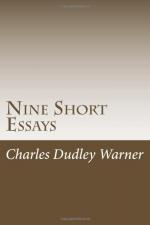The tale is well known. Hale crossed over from Norwalk to Huntington Cove on Long Island. In the disguise of a schoolmaster, he penetrated the British lines and the city, made accurate drawings of the fortifications, and memoranda in Latin of all that he observed, which he concealed between the soles of his shoes, and returned to the point on the shore where he had first landed. He expected to be met by a boat and to cross the Sound to Norwalk the next morning. The next morning he was captured, no doubt by Tory treachery, and taken to Howe’s headquarters, the mansion of James Beekman, situated at (the present) Fiftieth Street and First Avenue. That was on the 21st of September. Without trial and upon the evidence found on his person, Howe condemned him to be hanged as a spy early next morning. Indeed Hale made no attempt at defense. He frankly owned his mission, and expressed regret that he could not serve his country better. His open, manly bearing and high spirit commanded the respect of his captors. Mercy he did not expect, and pity was not shown him. The British were irritated by a conflagration which had that morning laid almost a third of the city in ashes, and which they attributed to incendiary efforts to deprive them of agreeable winter quarters. Hale was at first locked up in the Beekman greenhouse. Whether he remained there all night is not known, and the place of his execution has been disputed; but the best evidence seems to be that it took place on the farm of Colonel Rutger, on the west side, in the orchard in the vicinity of the present East Broadway and Market Street, and that he was hanged to the limb of an apple-tree.




